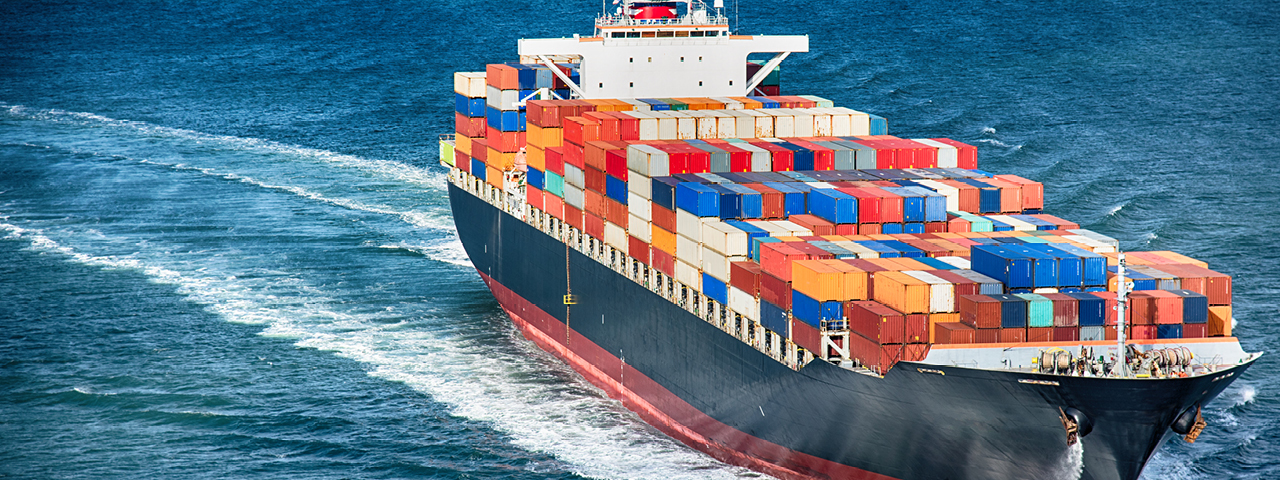
Tariffs and Trade
Tariffs & Trade Impacting the Automotive Aftermarket Latest News
The Auto Care Association is actively monitoring this evolving situation and will provide updates as new information emerges. Check this page regularly for the latest developments.
Member-only Resource
Auto Care Tariff Calculator
Use our tariff calculator to help you identify which recent U.S. tariffs may apply cumulatively to your products.
See CalculatorHas your business been impacted by Tariffs?
We welcome your feedback to help us better understand and assess the impact of these tariffs on our industry and businesses. Please share with us by contacting Angela Chiang, director, international affairs, at angela.chiang@autocare.org.
Share Your Impact StoryCurrent Status
On March 26, 2025, President Trump issued a proclamation imposing a 25% tariff on imports of automobiles (effective April 3, 2025) and certain automobile parts (tentatively effective May 3, 2025).
Current Status
Effective March 7, 2025, imports from Canada and Mexico that meet USMCA rules of origin are exempt from the additional IEEPA duties. Imports that do not satisfy USMCA rules of origin are subject to a 25% tariff rate. Energy products from Canada and potash from Mexico and Canada are subject to a reduced tariff rate of 10%.
Effective March 4, 2025, imports from China are subject to a 20% tariff rate, an increase from a 10% tariff rate that went into effect on Feb. 4, 2025.
Note that many products imported from Canada and Mexico were already duty-free under MFN rates, making USMCA declarations unnecessary. Under the new policy, importers must document and ensure USMCA compliance (if eligible) to be exempt from the IEEPA tariffs. Otherwise, the 25% IEEPA tariff would apply.
Current Status
On April 1, 2025, President Trump issued an Executive Order under the International Emergency Economic Powers Act (IEEPA) to establish a 10% baseline tariff and country-specific reciprocal tariffs on imported goods.
On April 9, 2025, President Trump issued an order delaying the country-specific reciprocal tariffs effective April 10, 2025. The country-specific reciprocal tariffs originally went into effect on April 9, 2025 and will be suspended for 90-days, after which the country-specific rates in Annex I will apply.
The baseline 10% tariff remains in effect for all products from all countries during this time, except for products that are covered by the exemptions listed in the original order (see below).
However, the 90-day pause does not apply to China due to their retaliatory tariffs on U.S.-origin goods. China's reciprocal tariff rate has increased from the original 34% to 84% and now to 125%. This applies to goods entered for consumption, or withdrawn from warehouse for consumption, on or after 12:01 a.m. EDT on April 10, 2025.
Current Status
As of March 12, 2025, the expanded Section 232 tariffs on steel and aluminum are now in effect. All imports of steel and aluminum are subject to a 25% tariff, and previous country exemptions and tariff-rate quotas have been eliminated.
The tariffs also apply to certain derivative products based on the steel and aluminum content. The product exclusion process has been terminated, meaning previously approved exclusions are no longer valid.
Current Status
The Section 301 China tariffs implemented in 2018-2019 remain in effect, with most tariff rates unchanged since their initial implementation. While some product exclusions have been extended, the majority have expired, except for a limited set scheduled to expire on May 31, 2025.
Additionally, a new 20% tariff on imports from China was imposed under IEEPA, taking effect on Mar. 4, 2025.
USTR Proposes Fees on Chinese Ships Entering U.S. Ports
[Requesting Member Feedback]
On Feb. 27, the Office of the U.S. Trade Representative (USTR) published a notice proposing new measures targeting China's growing dominance in the maritime, logistics, and shipbuilding sectors. The proposal includes significant port entry fees on Chinese shipping companies and any Chinese-built vessels that enter U.S. ports. It also introduces new requirements for a portion of U.S. exports to be transported on U.S.-built and U.S.-flagged vessels.
Given the potential impact on shipping costs for importers and exporters, as well as overall supply chain operations, the Auto Care Association is gathering member feedback to assess how these measures may affect the automotive aftermarket industry.
We encourage members to provide insights on how these new policies could affect your operations, shipping costs, and supply chain efficiency. Your input will help shape our industry’s response in comments submitted to USTR.
Background
In March 2024, five U.S. labor unions petitioned the U.S. Trade Representative (USTR) to investigate China’s policies and practices aimed at dominating the maritime, logistics, and shipbuilding industries. Following its Section 301 investigation, USTR determined that China’s actions have negatively impacted the U.S. shipbuilding industry and broader economic interests.
The investigation found that China’s government-driven strategies have pushed out foreign competitors, reduced opportunities for market-driven businesses and workers, and created dependencies that weaken supply chain resilience. These practices have made it more difficult for U.S. businesses to compete, discouraged investment in key industries, and increased economic risks by heightening reliance on China in critical sectors.
As a result, USTR concluded that China’s actions place an unreasonable burden on U.S. commerce and warrant a policy response.
Proposed Fees on Chinese-Linked Maritime Services
To counteract China’s market advantages, USTR proposes a fee structure applied to vessels entering U.S. ports. Any fees imposed would be cumulative and in addition to existing or proposed fees:
- Chinese Maritime Transport Operators: A fee of up to $1 million per vessel entry or $1,000 per net ton, whether or not the vessel was built in China.
- Operators Using Chinese-Built Vessels: A fee of up to $1.5 million per vessel entry or a sliding scale ranging from $500,000 to $1 million per vessel entry, based on the percentage of Chinese-built ships in their fleets.
- Operators with Pending Chinese Ship Orders: Additional fees between $500,000 and $1 million per vessel entry, based on the percentage of vessels ordered from Chinese shipyards for delivery within two years.
To incentivize the use of U.S.-built vessels, the proposal includes a refund of up to $1 million per entry for operators employing U.S.-built ships.
New Proposed Requirements on U.S. Exports
USTR also seeks to reduce U.S. reliance on Chinese shipping by gradually increasing the percentage of exports transported on U.S.-flagged and U.S.-built vessels:
- Effective Immediately: At least 1% of U.S. exports must be transported on U.S.-flagged vessels.
- After 2 Years: At least 3% of exports must be transported on U.S.-flagged vessels.
- After 3 Years: At least 5% of exports must be transported on U.S.-flagged vessels, with a minimum of 3% on U.S.-built vessels.
- After 7 Years: At least 15% of exports must be transported on U.S.-flagged vessels, with a minimum of 5% on U.S.-built vessels.
Timeline and Next Steps
- Feb. 21, 2025: Comment period opens.
- March 10, 2025: Deadline to submit requests to appear at the hearing.
- March 24, 2025: Deadline for written comments. Submit comments using the USTR Electronic Portal under docket USTR-2025-0002.
Call for Member Feedback – Port Fees Impact
Auto Care Association is soliciting member feedback to assess the potential effects of these new measures on the automotive aftermarket industry. We are interested in the following (but not limited to):
- Potential cost increases for importing and exporting goods.
- Supply chain disruptions caused by shipping restrictions.
- Availability and pricing of alternative vessel operators.
- Feasibility of compliance with export mandates.
- Overall competitiveness of U.S. aftermarket parts and products in global trade.
Your insights are essential in shaping the industry's response to these proposed measures. Please submit your feedback by March 13, 2025.
We also encourage your company to file comments directly with USTR using the USTR Electronic Portal under docket USTR-2025-0002.
Latest News
 On Your Behalf
On Your Behalf Press Release
Auto Care Association Submits Comments, Economic Study to USTR, Warns Proposed Shipbuilding Remedies Will Harm American Consumers, Businesses
 On Your Behalf
On Your Behalf Auto Care Association Joins Coalition Letter in Opposition of USTR's Shipping Remedies Proposal

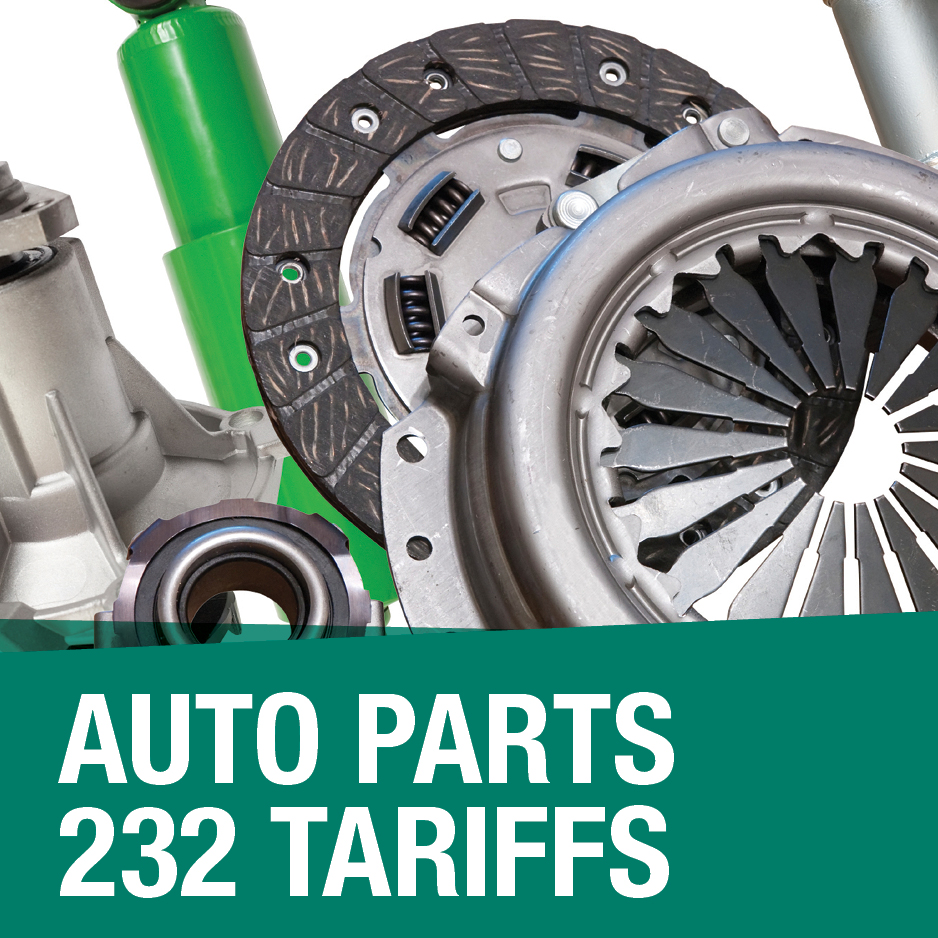
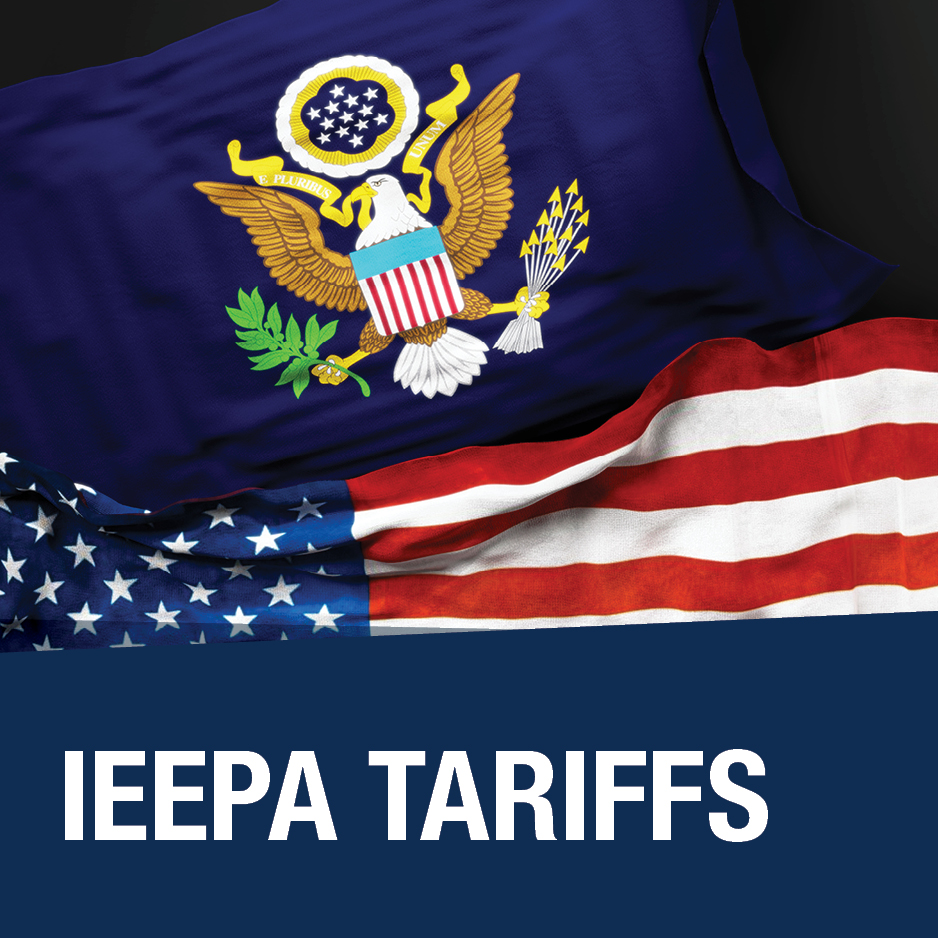
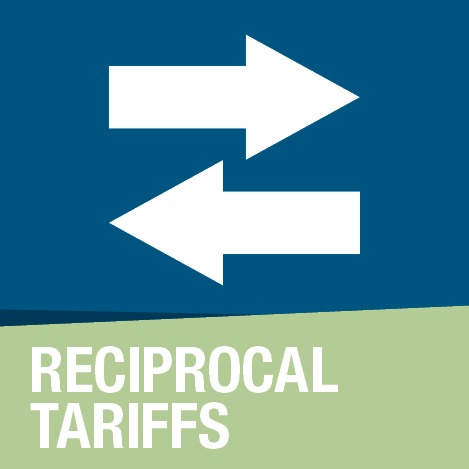

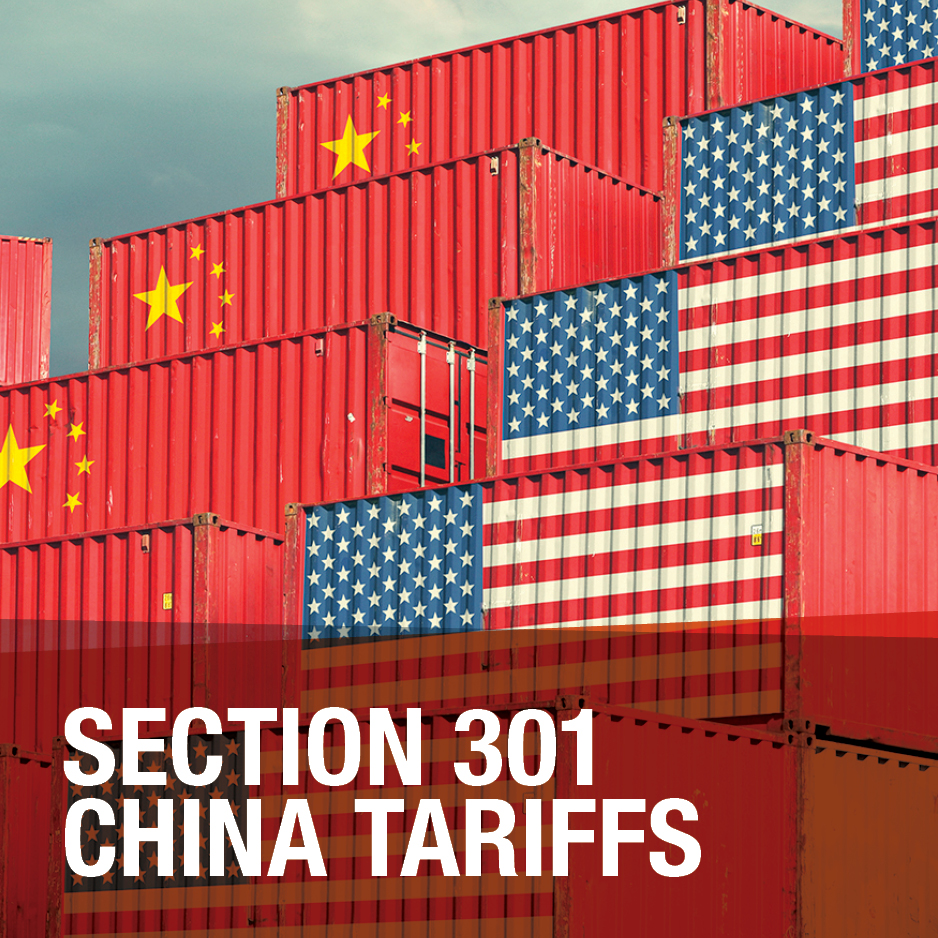


Leave a comment